
INDIA
OPINION | KT Thomas, the judge opposed to capital punishment
Conferred recently with the Padma Vibhushan, his work encapsulated a balance between thoroughness and deep sensitivity
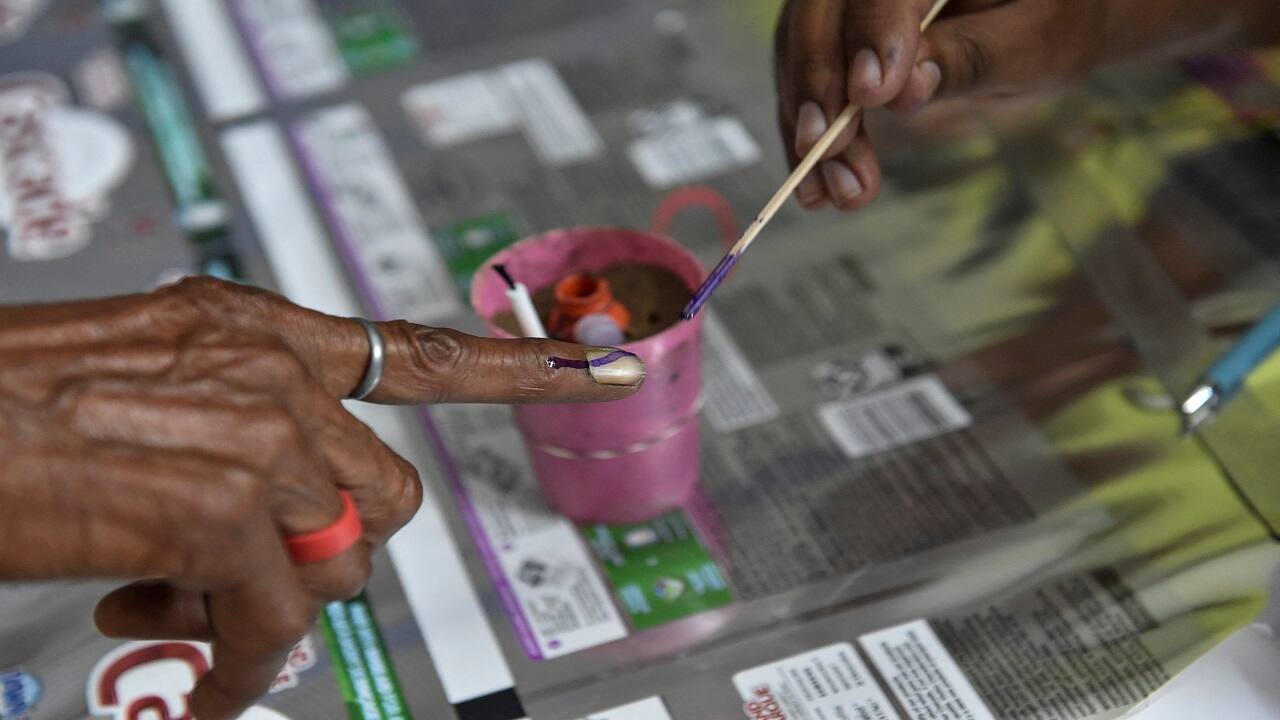
POLITICS
OPINION | Is a free grinder as an election promise, okay? Yes, but Supreme Court’s now uneasy
The apex court in the past ruled that promises in election manifestoes do not fall into the category of corrupt electoral practice. However, recent observations by judges indicate a subtle shift in perception

BUSINESS
OPINION | As another budget approaches, judicial finality on the Money Bill’s remit is pending
The passage of the Aadhaar Act triggered a judicial challenge on the Speaker’s power to place a proposed law under the Money Bill, which then removes Rajya Sabha’s power to block it. A definitive verdict on it is still awaited

INDIA
The role of the attorney general
Former AG KK Venugopal in an insightful autobiography ‘An Accidental Lawyer’ shines a light on the role of the union government’s chief legal advisor. It’s a constitutional position where holder’s responsibility extends beyond the government of the day to the entire nation

LAW
OPINION | When Supreme Court leaves key issues unresolved, executive has the space to be arbitrary
Every time SC has given a verdict that leaves no grey areas, the executive has lost room to be selective in applying the law. Unfortunately, some recent judgements leave key questions unanswered

INDIA
Shaping Judges: Essays that illuminate law, justice, and judicial integrity
Eminent jurists contribute essays honouring Dr Balram K. Gupta in ‘Shaping the Judges’. The book explores judicial ethics, training, and wisdom, reflecting on the qualities and responsibilities that define great judges

BUSINESS
Moneycontrol Pro Market Outlook | Markets poised for cautious start to 2026 amid global cues
As we transition into 2026, market direction will be shaped by three key factors: currency volatility, foreign institutional investor flows, and developments in India-US trade discussions
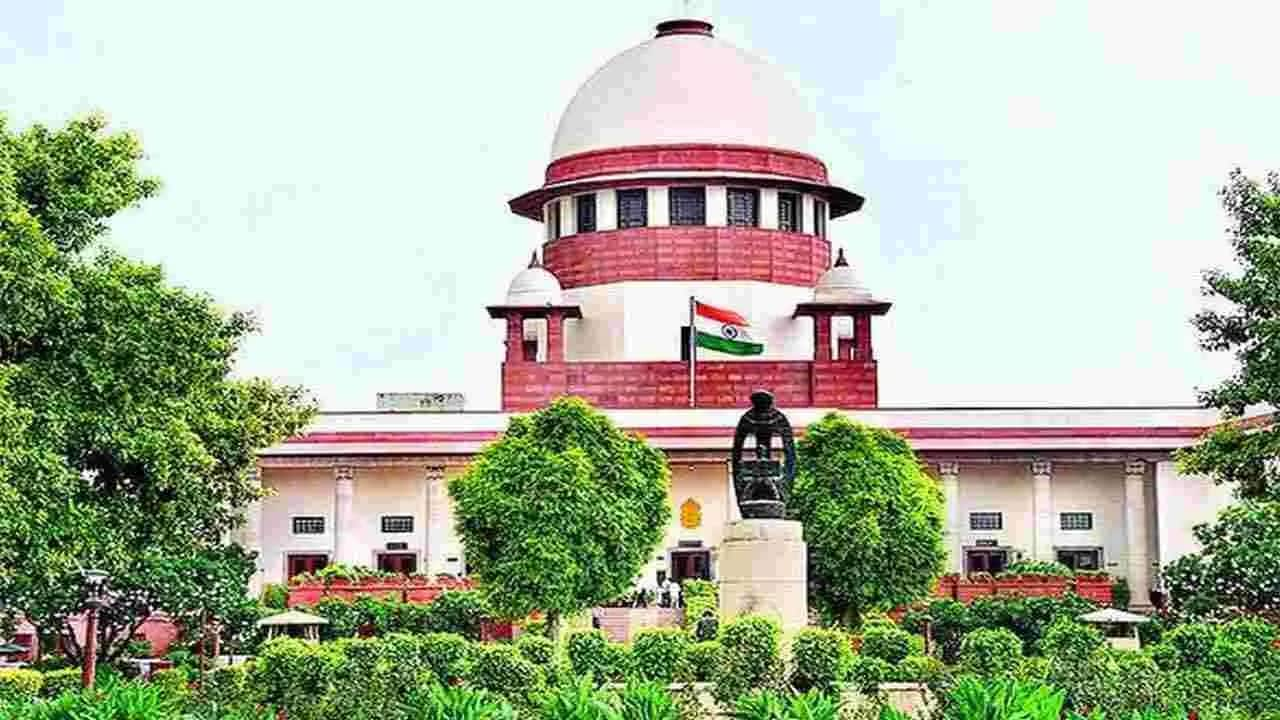
POLITICS
OPINION | Judging Caste: What the Supreme Court’s report reveals
A new report produced by the apex court on the evolution of jurisprudence on caste shows that even within a rule-based framework, social conditioning makes its presence felt

LAW
OPINION | Supreme Court in 2025: A significant year for the Indian judiciary
In 2025, the Supreme Court of India marked its 75th anniversary with key judgments, controversies, and reflections on its role, while navigating internal challenges and judicial reforms Shishir Tripathi
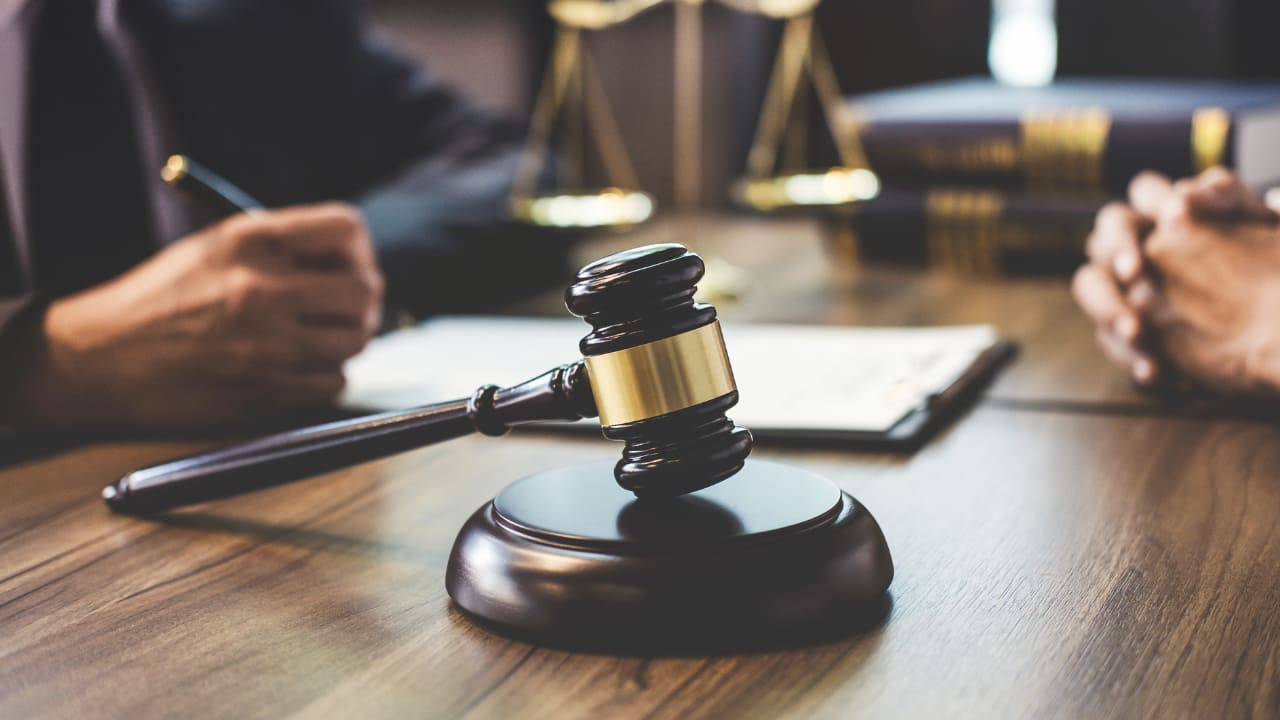
INDIA
OPINION | The Fallibility of the Supreme Court: Reflections on judicial decision making
Former Chief Justice B. N. Kripal’s *Supreme But Not Infallible* highlights the Supreme Court’s fallibility, emphasising its power to review judgments and correct errors to uphold justice and constitutional values

POLITICS
OPINION | Vande Mataram debate highlights the need for constitutional protection of national symbols
The standing of Vande Matram in the collective consciousness was never in doubt. There is a however a case to extend constitutional and statutory protection to the National Song

TRENDS
OPINION | Supreme Court to reconsider plea for reviving NJAC system
Reform of the Collegium system should prioritise efficiency, transparency, and accountability, avoiding power struggles and ensuring judicial independence in appointments

POLITICS
OPINION | The perennial debate over the role of a governor
Supreme Court’s recent verdict which removed timelines for a governor to clear Bills passed by state assemblies showcased the controversial role of the office from the very beginning

TRENDS
OPINION | Supreme Court clarifies roles of Governor and President in dealing with Bills but doesn't resolve the matter entirely
The Supreme Court held it cannot impose timelines on Governors or the President for Bill assent but may issue a limited mandamus against prolonged inaction, balancing separation of powers with ensuring constitutional functioning
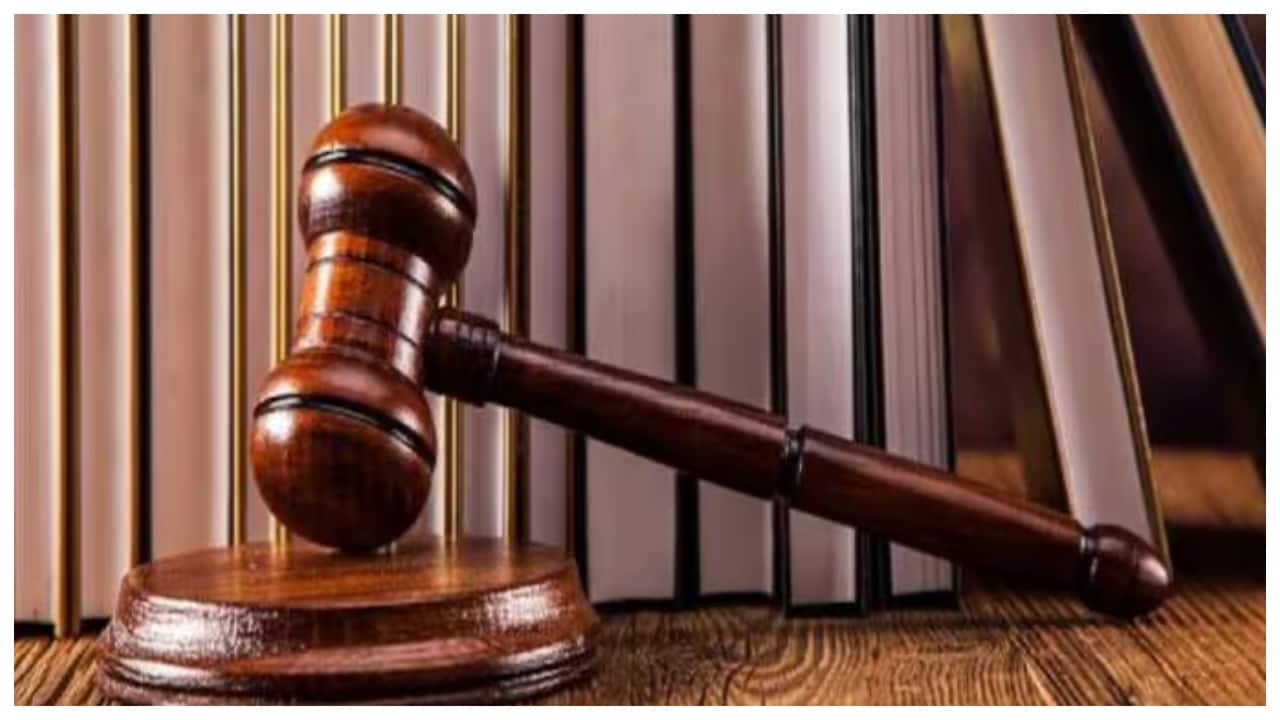
TRENDS
OPINION | Evaluating the 130th Amendment Bill: Legal perspectives
Researchers from Charkha prepared a detailed report analysing the Constitution (130th Amendment) Bill, assessing its legal validity, alignment with constitutional principles, and offering recommendations to prevent misuse

POLITICS
OPINION | As SIR of electoral rolls enters second phase, Opposition and legal challenges intensify
Opposition parties, led by the DMK, have challenged the Election Commission’s Special Intensive Revision of electoral rolls, alleging constitutional overreach, flawed procedures, and potential voter disenfranchisement, with the Supreme Court set to examine its legality

TRENDS
OPINION | Supreme Court’s Karur Judgement: Questions of jurisdiction, neutrality and federal trust
Two aspects of the interim order have triggered debate. One, the decision to transfer the case to CBI when jurisprudence has set a high bar to do so. Two, the decision to appoint two IPS officers to the supervisory committee who may be of Tamil Nadu cadre but not natives of the state

TRENDS
OPINION | Justice Surya Kant’s tenure begins amid reform imperatives
Justice Surya Kant, brings decades of distinguished service, marked by landmark rulings on free speech, privacy, and human rights, and faces crucial judicial reform challenges ahead. He takes oath as the next CJI on November 24

TRENDS
OPINION | What is the real issue ‘My Lords’?
Despite explicit court orders, Bar Council resolutions, and even petitions seeking to ban such colonial honorifics, their persistence raises a deeper question: is this merely a colonial relic that refuses to fade, or an institutional compulsion the judiciary itself continues to uphold?
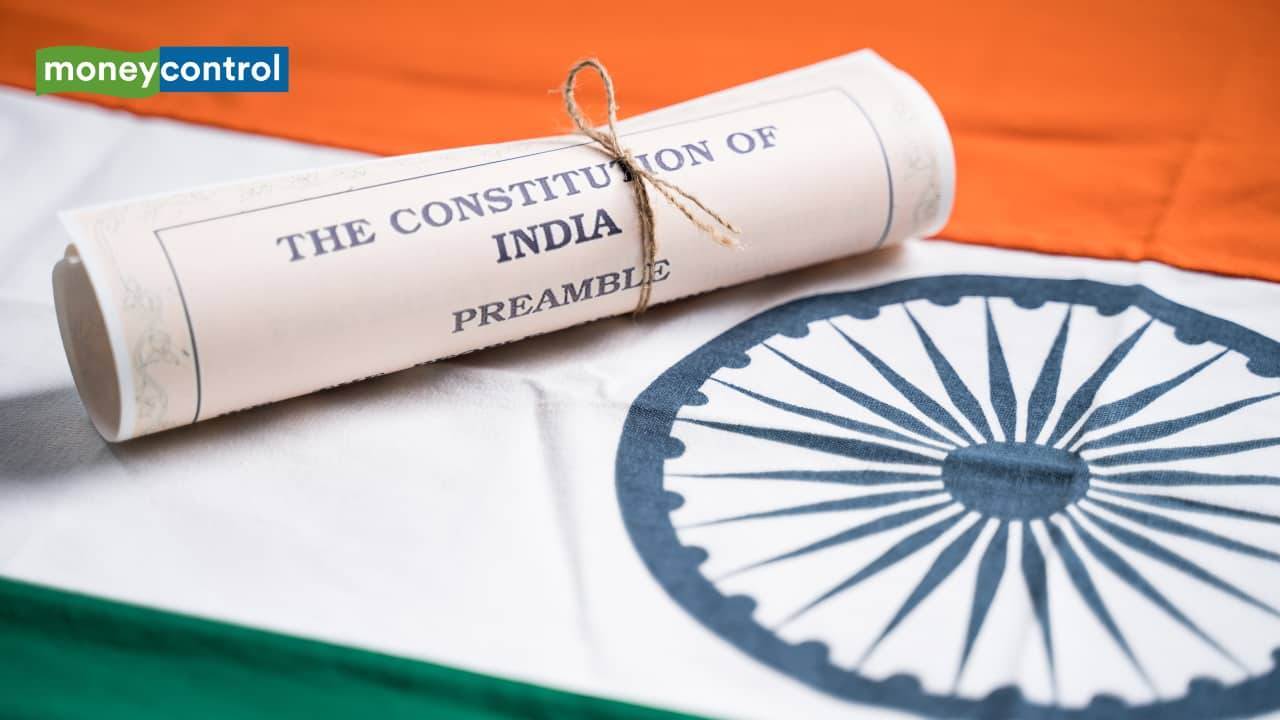
TRENDS
OPINION | The Constitution Made Accessible: A new scholarly analysis in Hindi
‘Hum Bharat Ke Log: Bhartiya Samvidhan Par Nau Nibandh’ (We, the People of India: Nine Essays on the Indian Constitution), represents a significant step towards making serious constitutional scholarship available in Hindi. The paucity of scholarship in Indian languages represents a drawback in making the foundational document more accessible

INDIA
OPINION | Manual Scavenging: When the Supreme Court saw its own order being violated at its own gate
Laws, judgments, and penalties can only go so far unless accompanied by a strong administrative will to eradicate this inhuman practice once and for all. The sight of a worker entering a sewer outside the Supreme Court is not just a failure of governance; it is a collective failure of conscience
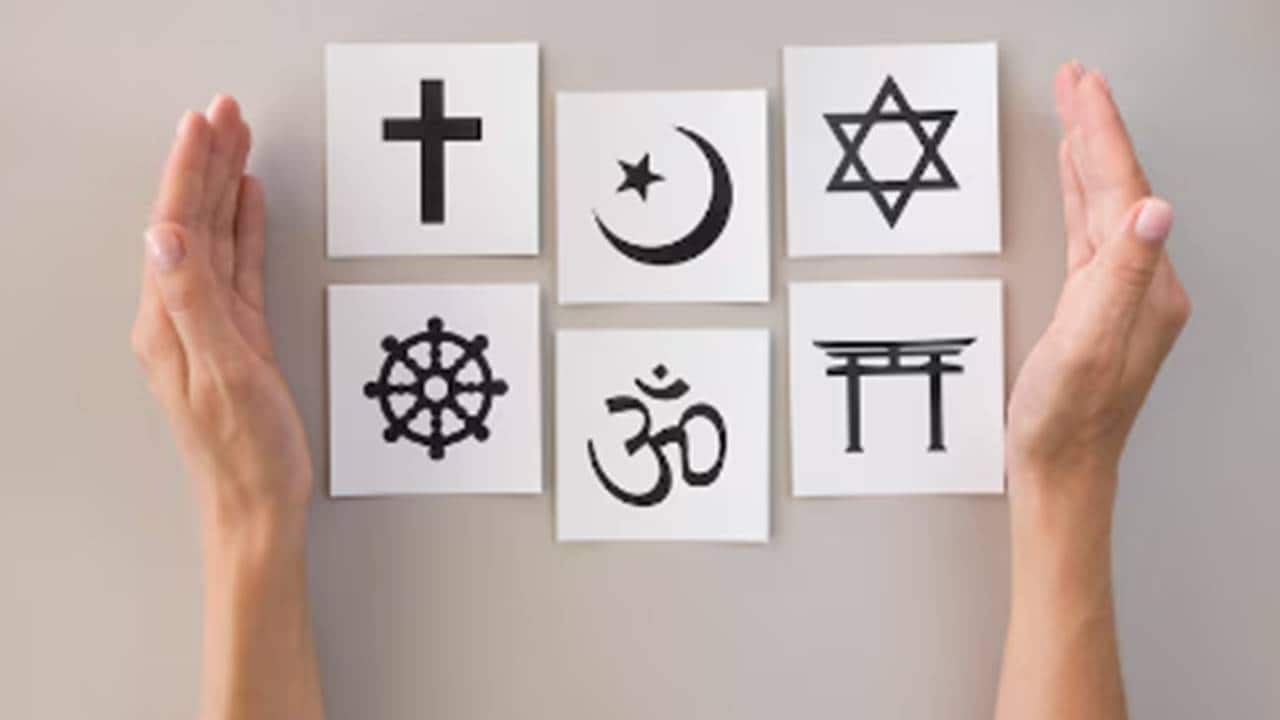
POLITICS
OPINION | India’s Secular Dilemma: Balancing faith and the State
In India, religion is not limited to personal belief; it is deeply woven into the social fabric and continuously shapes citizen–state interactions. In such a context, maintaining a strict and absolute separation between state and religion becomes exceedingly difficult

BUSINESS
OPINION | The enduring impact of judicial dissent
A dissent in the Supreme Court may not be an explanation in a lost cause. Jurisprudence is filled with examples where a subsequent generation saw merit in the logic undergirding an earlier dissent and mainstreamed it
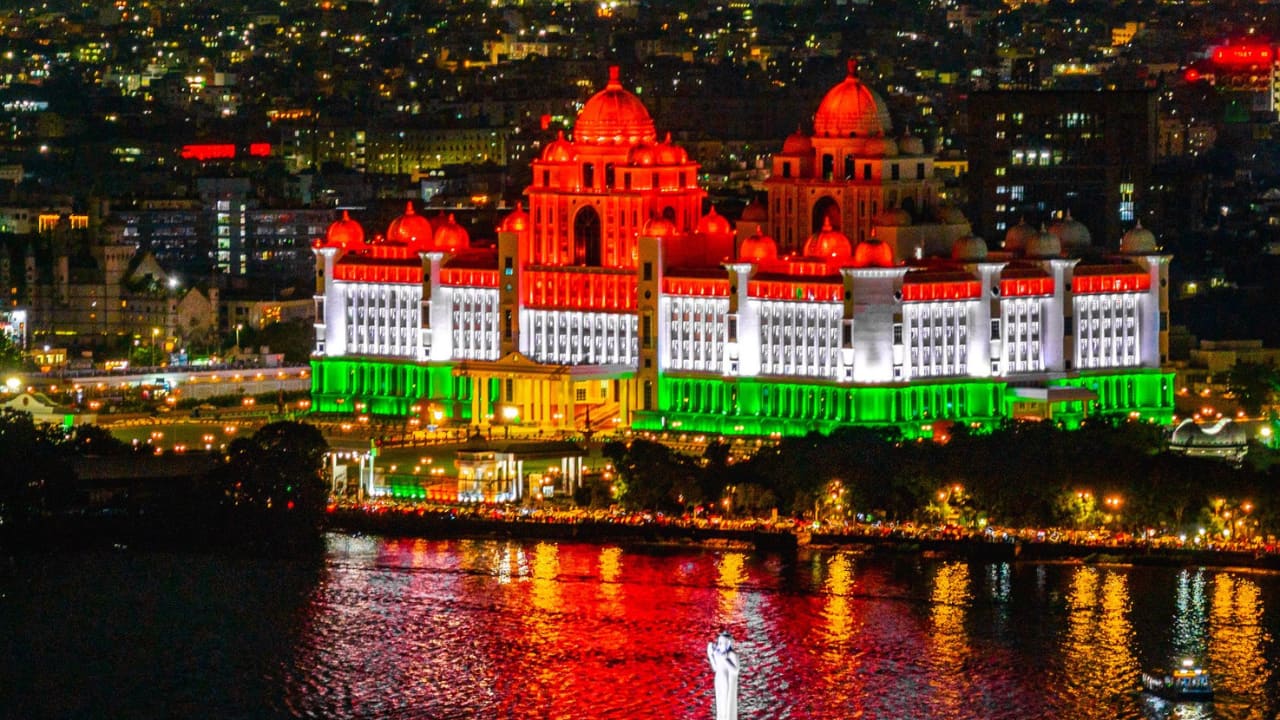
INDIA
OPINION | Hyderabad’s Journey from Independence to Integration: The fall of the Nizam
Hyderabad's reluctant accession to India in 1948 followed intense negotiations and military action. The Nizam resisted integration until Operation Polo decisively ended their defiance, leading to Hyderabad’s inclusion in India















